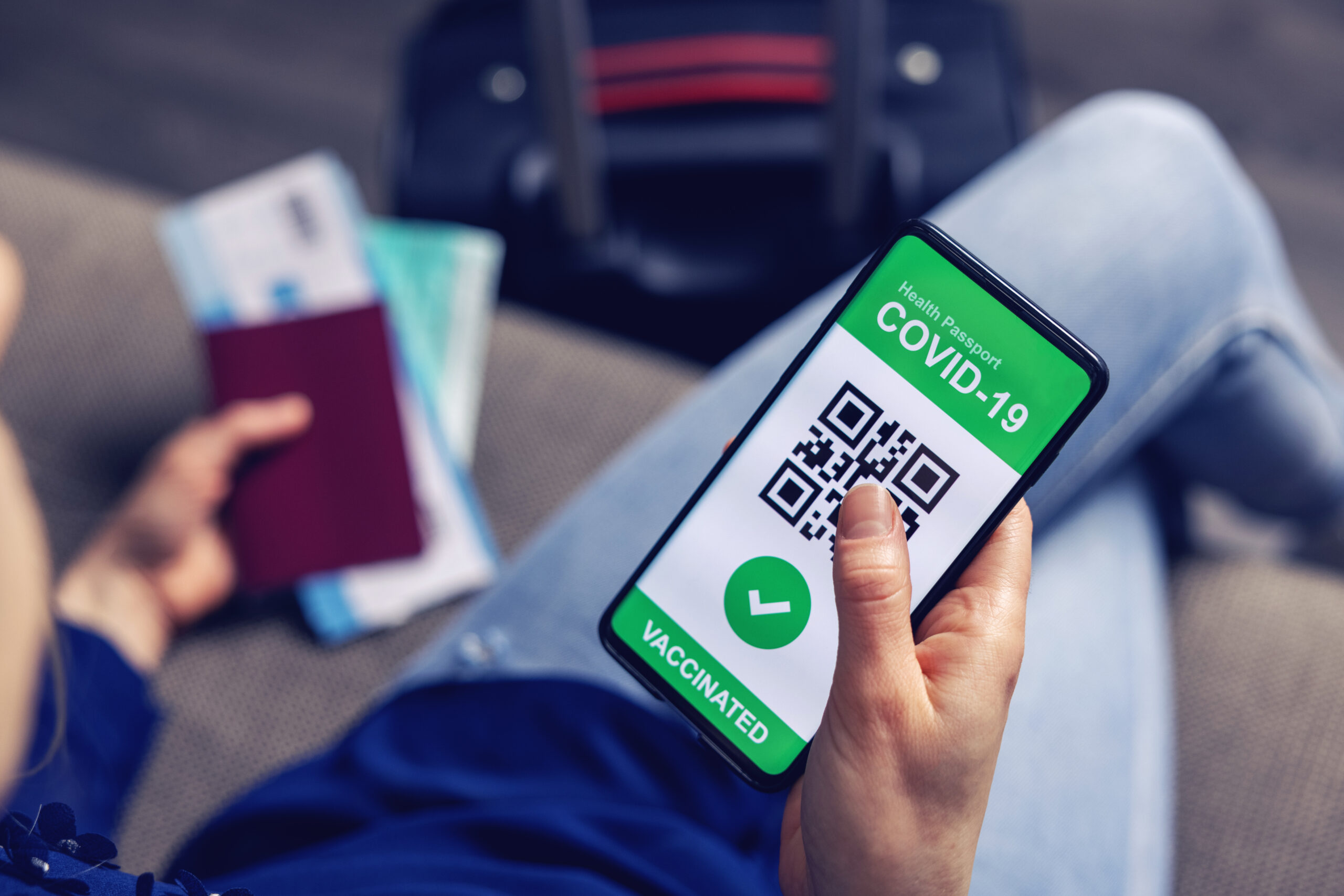Digital health passports could enable the world to safely return to travel – and the vast majority of people are willing to give them a go. Olivia Palamountain reports
Digital health passports such as IATA’s Travel Pass, CommonPass, AOKpass, in use between Abu Dhabi and Pakistan, V-Health Passport and BA’s Verifly app, are currently being trialled by governments and airline bodies around the world in the hope that they will allow ease of movement and security when international travel resumes.
The app-based services enable a person’s test results or vaccination status to be registered and proved at the touch of a button.
As the travel industry explores the benefits of digital health passports, a study commissioned by Amadeus and delivered by Censuswide in late February 2021 found that just over nine in ten (91 per cent) of respondents said they would be comfortable using the technology for future trips.
The survey of 9,055 travellers in France, Spain, Germany, India, UAE, Russia, Singapore, the UK and US provided further encouraging news for the travel industry, with findings showing that just over two in five travellers (41 per cent) said they would book international travel within six weeks of restrictions lifting.
The research is the second in a series of Rethink Travel surveys, where Amadeus measures traveller sentiment and concerns to help the industry rebuild travel in the most effective way.
Christophe Bousquet, CTO of Amadeus, said: “This study highlights once more the key role that technology will play in rebuilding travel. We’ve seen a shift since our last survey, as travelers now place more focus on mobile and touchless technology, crucial areas that will clearly strengthen traveller confidence.

“It’s also very relevant to see that travelers are open to digital health passports and sharing their data as they move through the journey, once the right safeguards are in place. At Amadeus, we’re committed to rebuilding a better industry, together with our customers and partners.”
While the appetite to travel remains high and most of us support the digital health pass revolution, 93 per cent of those surveyed expressed concerns around how their health data for travel would be stored or shared.
Just under three quarters (74 per cent) would be willing to store their travel health data electronically if it enabled them to pass through the airport faster with fewer face-to-face interactions, while over seven in ten (72 per cent) would be willing to store their travel health data electronically if it enabled them to travel to more destinations.
68 per cent of travellers agreed they would be more likely to share their health data if the airlines they most frequently travel with offered a way to store their travel health data.
Although receptiveness to sharing data is high, travellers have three main concerns when it comes to digital health passports: security risks with personal information being hacked (38 per cent), privacy concerns around what health information needs to be shared (35 per cent), and a lack of transparency and control over where the data is shared (30 per cent).
The survey also explored what solutions might alleviate concerns around digital health data and travel in the future.
The results showed that 42 per cent of travellers said a travel app that could be used across the whole journey would greatly improve their overall travel experience and reassure them their information is all in one place, with 41 per cent of travellers agreeing that a travel app would reduce their stress around travel.
62 per cent would be more likely to use an app to store their health data if a travel company partnered with a trusted healthcare company.
When asked which technology would increase confidence to travel in the next 12 months, mobile solutions were highlighted as a popular option, with the top three technologies including mobile applications that provide on-trip notifications and alerts (45 per cent); contactless mobile payments (44 per cent) and mobile boarding passes (43 per cent).
Decius Valmorbida, president of travel for Amadeus, says: “There is no doubt that Covid-19 will continue to shape the way we travel for the months ahead, just as it influences so many other areas of our lives. Yet while there are still uncertainties, research like this reinforces my optimism that we will build back travel better than before.
“Collaboration across governments and our industry is the key to restarting travel, as we deliver on traveler expectations outlined in this Rebuild Travel digital health survey, deploying the right technology to enable a truly connected and contactless journey.”

